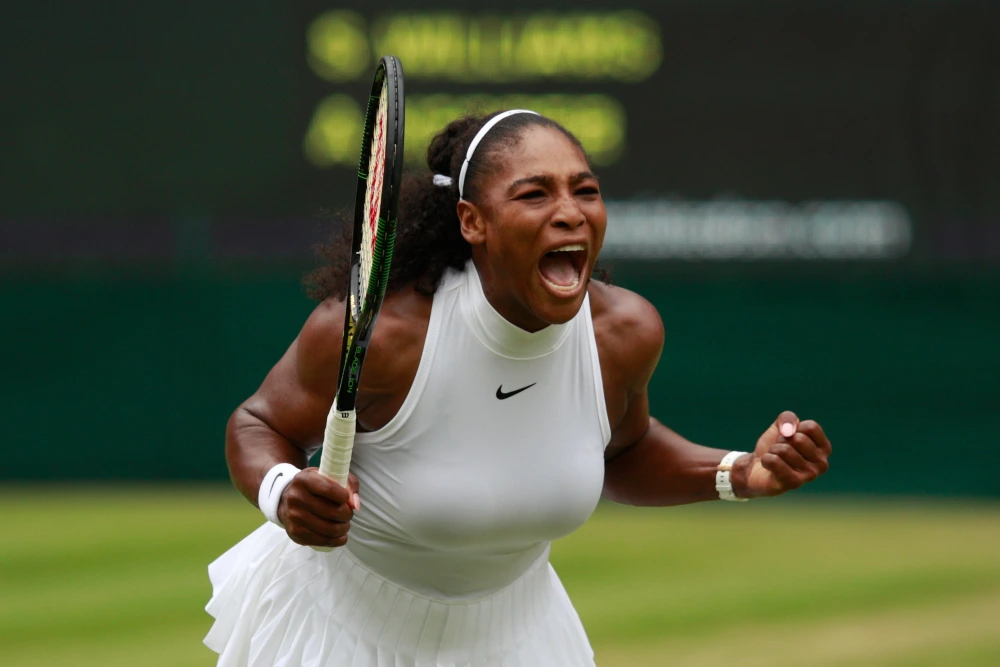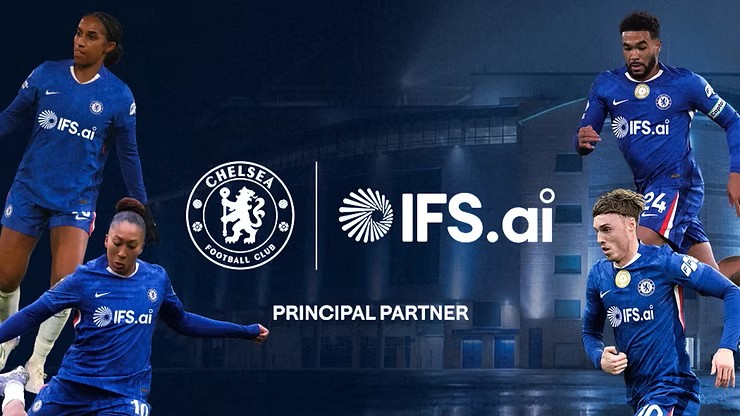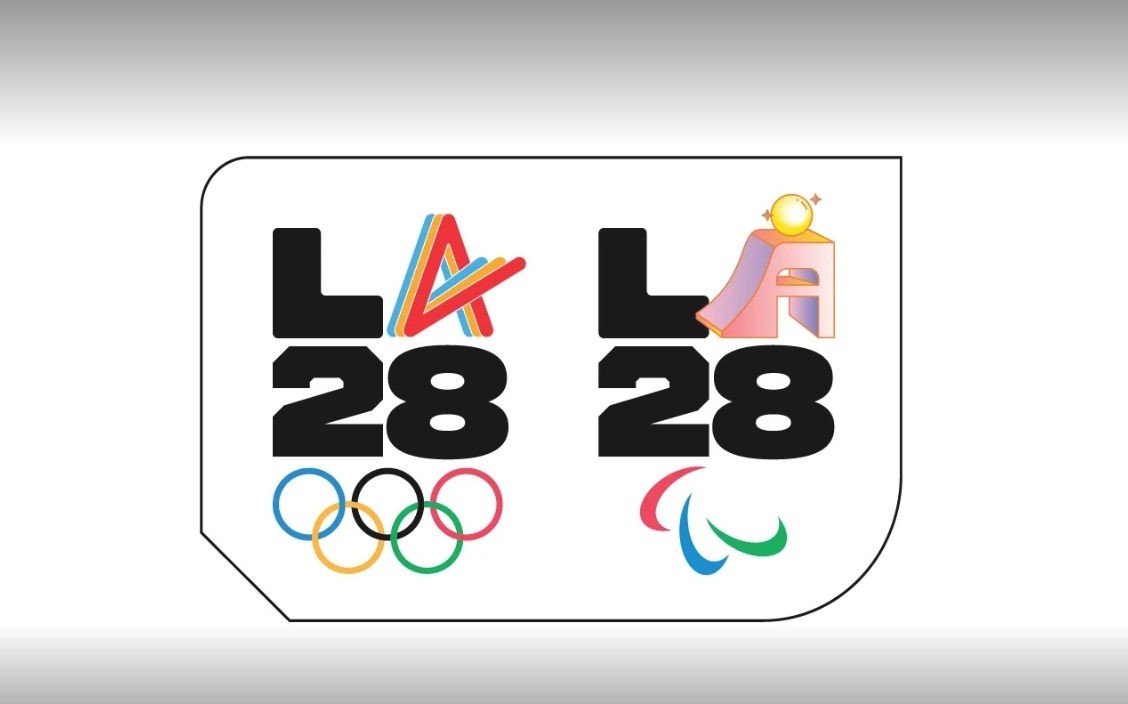The Strategic Value of Athlete Sponsorship for Brands

In the competitive realm of sports marketing, athlete sponsorship has emerged as a crucial strategy for brands aiming to enhance visibility and foster deeper consumer connections. By partnering with athletes, brands leverage the unique influence these individuals hold over their fans, turning endorsement into a powerful marketing tool.
Understanding Athlete Sponsorship
At its core, athlete sponsorship is a collaborative relationship where brands associate themselves with sports figures to promote products or services. This partnership allows brands to reach specific demographics through the athlete’s established fan base, which can be substantial. Research indicates that athletes on social media platforms boast an average engagement rate of 5.6%, significantly higher than the average influencer engagement rate of 2.4%. This disparity demonstrates the effectiveness of athlete endorsements in engaging consumers. Additionally, Nielsen Sports indicates that 78% of sports fans are more inclined to purchase a product endorsed by their favourite athlete.
A major advantage of this relationship is the authenticity it offers. Modern consumers increasingly favour genuine endorsements over traditional advertising. When an athlete promotes a product, it is often perceived as a personal recommendation, making it more relatable and trustworthy.
How Athlete Sponsorship Compares to Other Forms of Sponsorship
Athlete sponsorship provides distinct advantages compared to other forms of sponsorship, such as team sponsorships or traditional celebrity endorsements.
- Engagement and Trust: Athletes often achieve higher engagement rates on social media than other influencers, which can lead to more effective brand messaging. Consumers view athletes as relatable and authentic, enhancing trust in brand endorsements
- Financial Implications: Brands that engage in athlete sponsorship report an average increase of 20% in market share. In contrast, traditional sponsorships may not always correlate directly with consumer purchasing behaviour. Aathlete sponsorships can yield a 7x ROI on marketing campaigns, showcasing their financial potential
- Market Growth: The global sports sponsorship market is projected to grow from $66 billion today to an estimated $108 billion by 2030. This growth highlights the increasing importance of effective sponsorship strategies, particularly those involving athletes who have the power to engage consumers on a personal level.
Case Study: Nike and Serena Williams
Nike’s partnership with tennis superstar Serena Williams exemplifies the effectiveness of athlete sponsorship. In 2018, the “Dream Crazier” campaign featuring Williams not only generated considerable media attention but also sparked discussions around social issues. The campaign highlighted Williams’ achievements both on and off the court, aligning her personal narrative with Nike’s broader mission of empowerment and advocacy for change. Williams’ story of resilience, having overcome adversity in her career and personal life, resonated deeply with consumers. Her candid discussions about facing discrimination and the pressure of being a high-profile athlete helped to humanise her, allowing fans to connect with her on a more personal level.
The campaign’s success was evident, leading to a reported 31% increase in sales for Nike’s women’s apparel. This statistic underscores the potential for substantial financial returns when an athlete’s narrative aligns seamlessly with the brand’s ethos, showcasing how athlete sponsorship can create meaningful connections that transcend traditional marketing efforts.
Driving Consumer Engagement and Sales
The financial implications of athlete sponsorship can be significant. Brands that engage in this strategy report an average increase of 20% in market share. Moreover, a study by ESP Properties reveals that brands typically gain approximately $3.4 million in media exposure for every $1 million spent on athlete sponsorship. This high return on investment illustrates the tangible benefits that come from leveraging the personal brands of athletes.
Challenges in Athlete Sponsorship
While athlete sponsorship offers numerous advantages, brands must be mindful of potential challenges. Consumers are discerning, and brands must ensure that the values of the athlete align with their own. Misalignments can lead to negative publicity, as seen in instances where high-profile athletes faced controversies that adversely affected the brands associated with them. Furthermore, the unpredictability of an athlete’s performance or personal life can pose risks, necessitating proactive management of these relationships to safeguard brand reputation.
Stay ahead of the latest sports business trends by subscribing to our free Ministry of Sport newsletter. Unlock even more insights with our exclusive membership plans today!
Similar Stories

Chelsea Football Club Secures IFS.ai as Principal Partner
Chelsea Football Club has officially announced a multi-year global partnership with IFS, to...

Minns Government Inks $15.3 Million Deal for PCYC NSW Dubbo Sports World Upgrade
The Minns Labor Government has announced a $15.3 million partnership with PCYC NSW...

PlayHQ Expands into North America with Rugby Canada Partnership
Rugby Canada has announced a partnership with PlayHQ, the global competition management leader,...
It's free to join the team!
Join the most engaged community in the Sports Business World.
Get all the latest news, insights, data, education and event updates.






